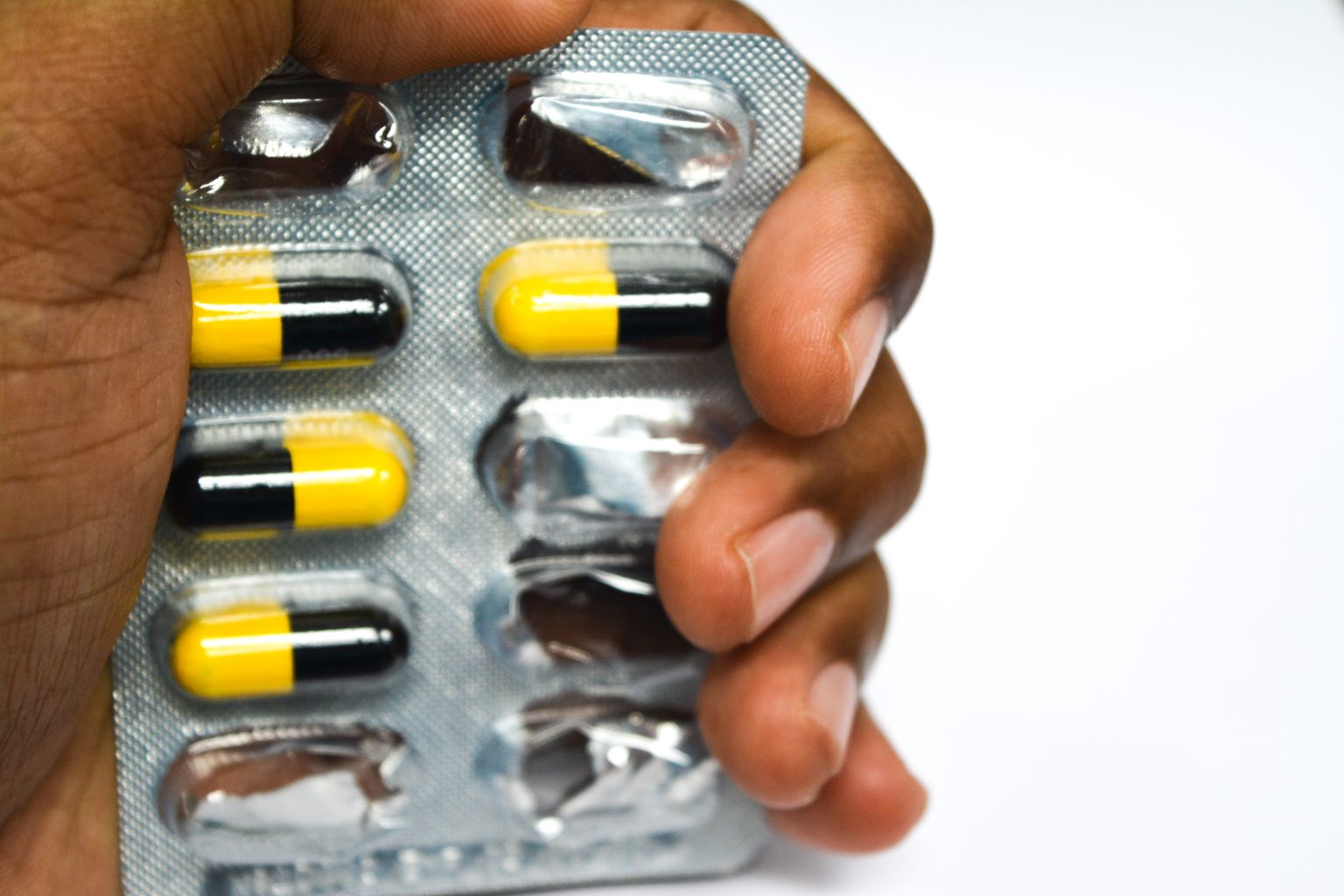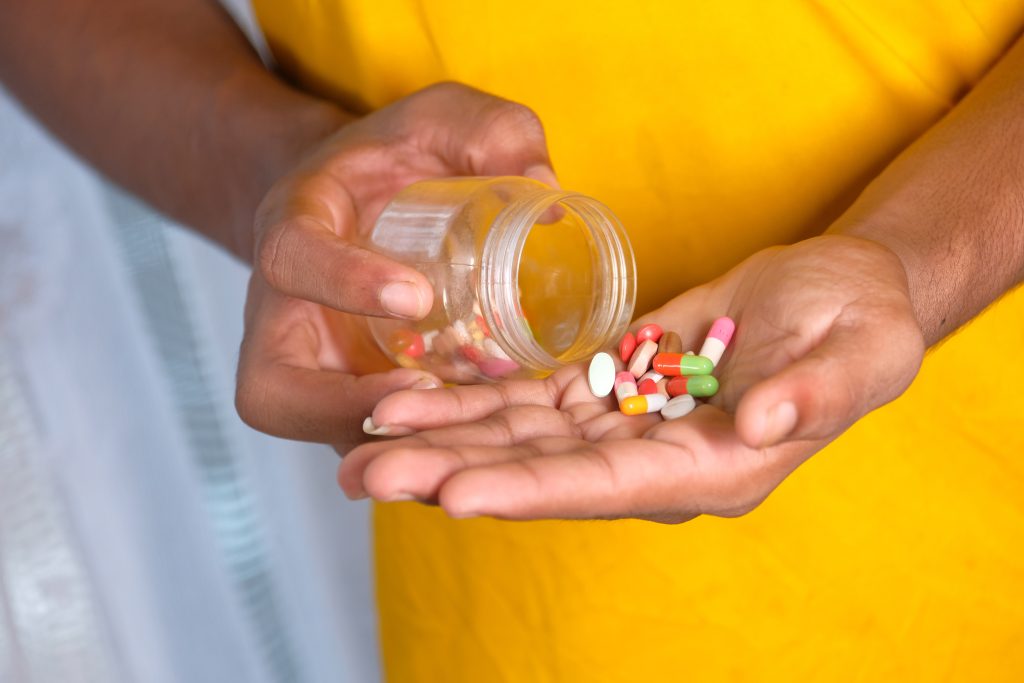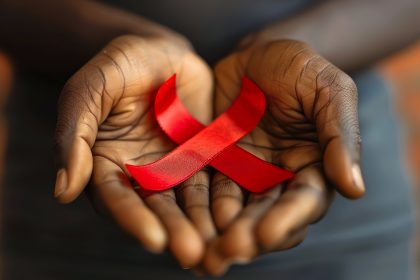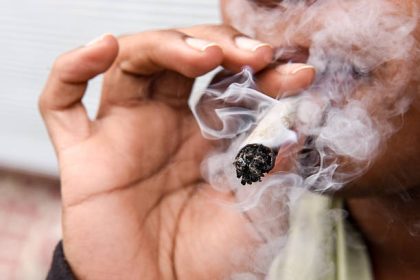Majority of Kenyans keep, trash, flush, burn, bury and share unused or expired drugs while others don’t know what to do.
Beneath the bathroom sink, forgotten pills gather like resigned soldiers—expired, unused, and whispering tales of prescriptions abandoned mid-journey—but their final mission? A safe disposal that won’t poison the future.
So, how do you dispose of unused and expired drugs at home?
Well, from personal experience, medics in hospitals and estate pharmacies have hardly offered guidance on how to dispose of unused medications whenever I got sick.
To worsen matters, patient information leaflets often fail to include clear instructions for safely disposing of unused or expired medications.
Households often accumulate unused or expired medications, leading to medication and financial waste. Patients may not complete their prescribed treatments for various reasons, including medical improvements, forgetfulness, expired medications, concerns about side effects and adverse reactions, perceived lack of efficacy, and uncertainty about the necessity of the medications.
Furthermore, inappropriate prescribing and dispensing can result in patients receiving excessive quantities, causing unnecessary storage that presents risks to the patient, their family, and the environment.
Infants and toddlers, for instance, might accidentally ingest unused or expired medications while exploring different textures and tastes. This can lead to poisoning, adverse effects, and overdoses, particularly with controlled but potent substances like opioids, resulting in hospitalisation or even death.
Unused benzodiazepines, opioids, and stimulants like amphetamines can fuel substance abuse and addiction crises if accessed by unauthorised individuals.
Many developing countries, including Kenya, face significant gaps in awareness and knowledge of safe disposal of household pharmaceutical waste.
A 2018 research on pharmaceutical waste disposal practices among households in Nakuru Town by Clare Nyaboke Orina, a Master of Science holder in Environmental and Occupational Health, revealed that 85 per cent of households reported storing unused medicines instead of disposing of them.
Additionally, 65 per cent of respondents admitted to throwing them in domestic trash, while 21 per cent flushed these medicines down the toilet. Only 12 per cent of respondents were aware of proper pharmaceutical waste disposal methods. A whopping 78 per cent reported never receiving guidance from healthcare providers on safe disposal.
A similar study was carried out in Parklands, Nairobi in 2024 by Shreya Malde and Dr Naumih M. Noah, an associate professor of bioanalytical chemistry at USIU-Africa. It revealed that about 91 per cent of surveyed households stored expired and unused medicines at home, while 59 per cent of respondents threw them in the garbage.
Others shared unused medicines with family and friends, while 27 per cent returned them to community pharmacies, highlighting a small but significant effort towards responsible disposal.
Only about five per cent of surveyed households in South C, Nairobi, considered take-back programs a safe method for disposing of pharmaceutical waste, according to a 2016 study by Sarah Adhiambo Ang’ienda, during her Master’s in Medical Anthropology studies.
Meanwhile, about 42 per cent of households said no to take-back programs. They worried the returned drugs could be resold or reveal personal health issues. The remaining 59 per cent were in favour of take-back programs, arguing improper disposal carried public health and environmental risks.
Various studies show that in Kenya, households often dispose of pharmaceutical waste by burning or burying. These practices have significant environmental impacts. Burning medications releases toxic fumes and harmful chemicals into the atmosphere, contributing to air pollution, global warming, skin irritation, and respiratory health issues. The emitted harmful gases and fine particulate matter can lead to breathing difficulties, coughing, lung irritation, and long-term health complications.
Over time, the active ingredients in buried medications leach into the soil, negatively impacting soil health and plant growth. These buried medicines can also infiltrate groundwater, contaminating drinking water supplies and harming aquatic life. The result is a disruption of the ecosystem. For example, contraceptives can disrupt fish reproduction, resulting in decreased populations. Nonsteroidal anti-inflammatory drugs, like diclofenac, may cause liver and kidney damage in fish.
Burying leftover or expired antibiotics can also contribute to antimicrobial resistance by exposing bacteria to low drug concentrations, which allows them to mutate and develop resistance over time. These resistant bacteria can spread through water, crops, and livestock, creating significant public health risks by making diseases more difficult to treat. Contaminated soil can potentially transfer antibiotic residues to food, jeopardizing human health.
Consequently, it’s evident that every tablet discarded carelessly, every suspension or syrup poured down the drain, and any other dosage form inappropriately disposed of can have severe, unseen effects on our health and the environment.
Here are some recommendations for safely and properly disposing of leftover and expired medications:
- Crush and mix expired tablets/capsules (e.g., antihistamines) with coffee grounds or kitty litter, seal in a plastic bag, and throw in the general trash.
- For liquid meds and ointments, mix with dirt or sawdust, seal in a bag, and dispose of in the trash. Never flush them, as they can pollute water sources.
- Return prescription-controlled meds, antibiotics, cancer drugs, and hormonal treatments to hospitals or pharmacies for safe disposal. Afew facilities like Gertrude’s Hospital branches have drop-off points for safe disposal and incineration of expired meds.
- The government can improve take-back programs by enforcing strict pharmaceutical waste rules through the Pharmacy and Poisons Board (PPB) and involving pharmacies more actively.
- Raise public awareness via social media, schools, and health centers. Focus especially on urban areas and informal settlements where unused drugs tend to accumulate.
- Make disposal easier by setting up drop-off points in pharmacies, hospitals, and community centers. Use mobile collection services for remote areas.
- Train community health volunteers (CHVs) to teach families proper drug storage and disposal during health visits and promote medicine return programs.
- Protect privacy by offering secure drop-off bins, sealed packaging, and no-questions-asked policies to keep health information confidential.
- Launch mail-back programs using tamper-proof envelopes distributed through pharmacies, and partner with Kenya Post or couriers for safe collection.
- Doctors and pharmacists should follow responsible prescription practices—limit drug quantities, avoid over-prescription, and promote unit-dose dispensing.
- Cancer patients using radioactive drugs must follow hospital guidelines. They may need to safely store waste at home until radiation levels drop, or return it to nuclear medicine centres. Together, these actions will boost patient safety, protect public health, and safeguard the environment.
Dr Sharon Wambua is a Pharmacist and Creative Non-Fiction Writer.


























This article really opened my eyes to how casually most of us handle expired or unused medications without realizing the serious consequences. I’ve definitely been guilty of letting meds pile up at home or tossing them in the trash, not thinking about the environmental or health risks. It’s shocking how little guidance we actually get from healthcare providers on safe disposal—no wonder people are flushing pills or burning them. The stats from Kenyan households are especially concerning, but honestly, they reflect a global problem. I think it’s time we push for more public awareness and accessible disposal programs before the damage gets worse.